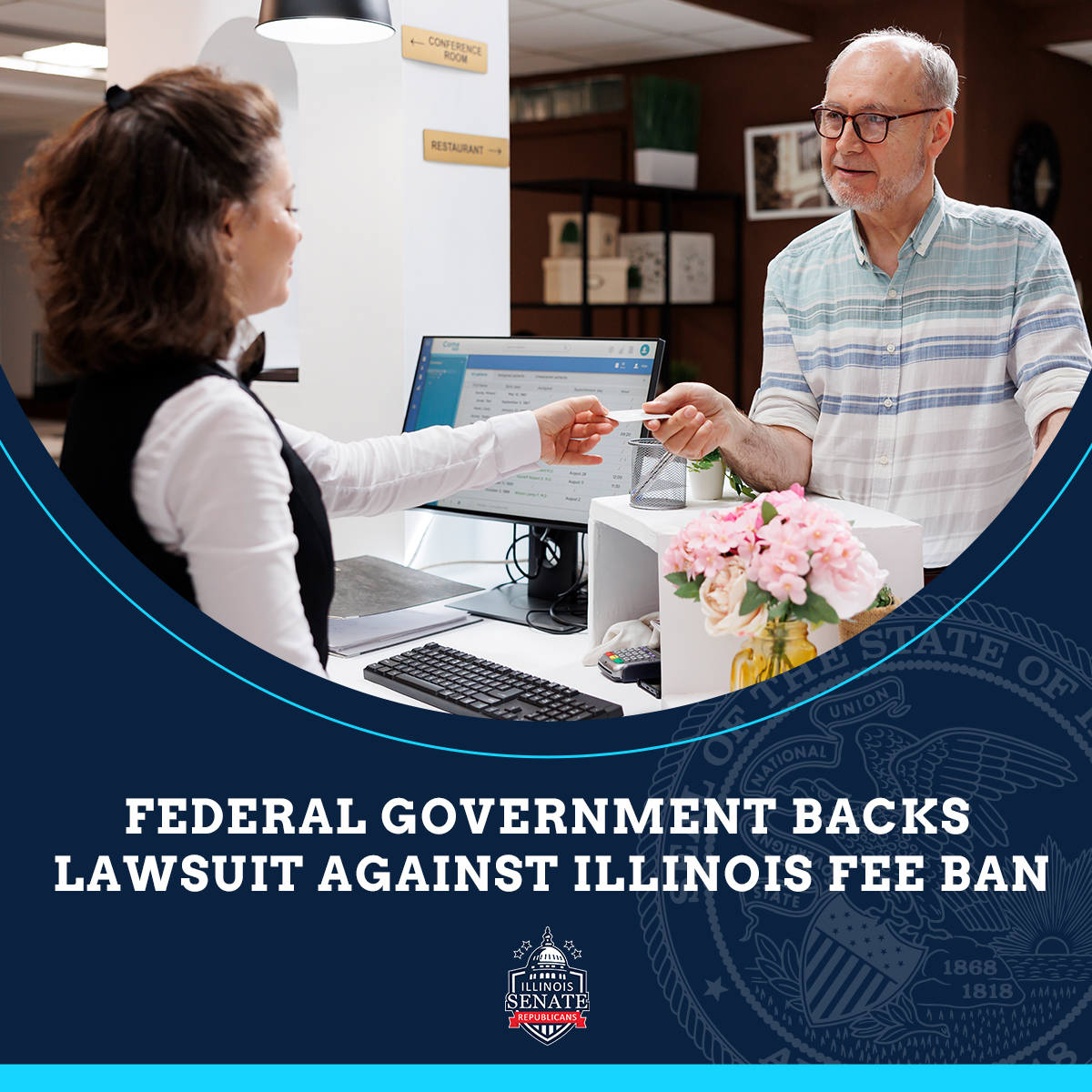The federal government has stepped into the legal fight over a new Illinois law that could change how banks and credit unions handle transaction fees. The U.S. Office of the Comptroller of the Currency has filed an amicus brief supporting a lawsuit aimed at blocking the Illinois Interchange Fee Prohibition Act.
Passed earlier this year, the law would be the first in the country to ban banks from charging interchange fees on taxes and tips—a move critics say goes too far and could create headaches for retailers and consumers alike. Opponents argue it would force consumers to swipe their credit cards twice—once for purchases and again for sales tax. Federal officials claim the law interferes with their authority and threatens “safe and sound banking” by undermining fees that cover transaction costs and protect against fraud.
Supporters of the law, however, say banks are exaggerating, claiming they can easily separate taxes and tips from the fees without breaking the system. The case is set to be argued in court on October 30th.

Comments are closed